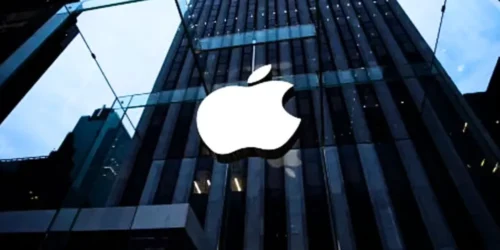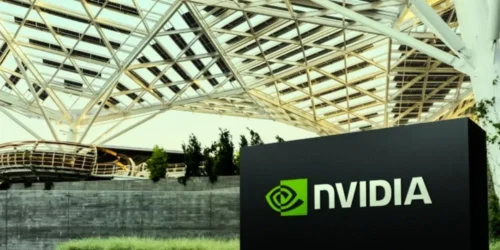We live our lives online. We bank, shop, socialize, and work in a digital world we’ve built for convenience and connection. Yet, we treat this world with a shocking level of carelessness. We install complex locks on our physical doors but leave our digital front door wide open, with the key under a welcome mat labeled “password123.” Cybersecurity is no longer a niche problem for IT departments; it’s a fundamental life skill, and most of us are failing the class.
The Illusion of Anonymity
We operate online with a strange and dangerous sense of detachment. We share our location, our opinions, and intimate details of our lives as if we are invisible. Think about it: would you stand on a street corner and announce your mother’s maiden name or your pet’s name? Of course not. Yet, we offer up these exact security questions and answers on social media daily. We have mistaken public platforms for private diaries, and cyber criminals are eagerly reading every entry.
It’s Not Just Billion-Dollar Companies
The biggest myth about cybercrime is that hackers only target governments or massive corporations. The reality is far more personal. Attackers are often digital pickpockets, not masterminds planning a bank heist. They look for easy targets—the low-hanging fruit. Your data is a valuable commodity. To a criminal, your stolen identity can open credit cards, your compromised email can be used to scam your loved ones, and your bank login can be a direct payday. You are the target.
The Weakest Link Is Human
The most sophisticated firewall in the world means nothing if you willingly open the door for an intruder. And that’s precisely what happens most of the time. The vast majority of cyberattacks succeed not through brilliant hacking but through simple human error. The bait in the phishing email, the tempting but malicious link, the reused password—these are the real weapons. Technology can only protect us to a certain extent; the ultimate decision to click, trust, or share rests with us.
Building a Culture of Digital Hygiene
The solution isn’t to unplug and live in a cave. It’s to develop good digital hygiene. This isn’t complex. It’s the online equivalent of washing your hands and looking both ways before you cross the street. Use strong, unique passwords and a password manager to protect your online accounts. Enable two-factor authentication wherever possible. Think before you click. Be skeptical of unsolicited emails and messages. These simple, consistent habits are our most powerful defense against adversity.
Conclusion
We cannot afford to be passive participants in our digital security. The threats are real, personal, and constantly evolving. Treating cybersecurity as someone else’s problem is a direct invitation to disaster. Just as we lock our homes and our cars, we must take conscious, deliberate steps to secure our digital lives. Your data, finances, and identity are at risk. It’s time we all started acting like it.













